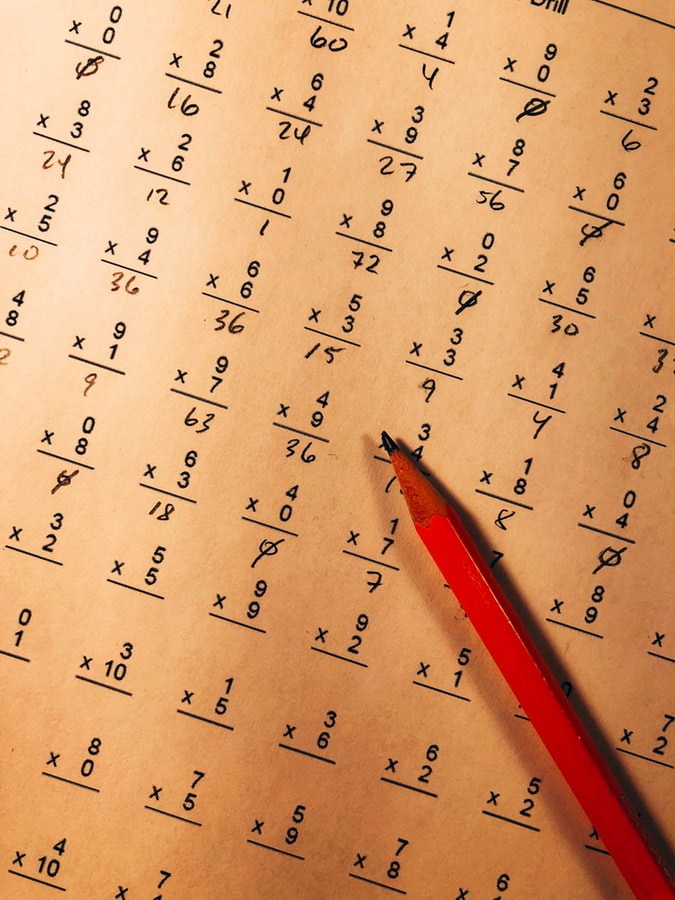Is 705 a prime number?
It is possible to find out using mathematical methods whether a given integer is a prime number or not.
For 705, the answer is: No, 705 is not a prime number.
The list of all positive divisors (i.e., the list of all integers that divide 705) is as follows: 1, 3, 5, 15, 47, 141, 235, 705.
For 705 to be a prime number, it would have been required that 705 has only two divisors, i.e., itself and 1.
Find out more:
Actually, one can immediately see that 705 cannot be prime, because 5 is one of its divisors: indeed, a number ending with 0 or 5 has necessarily 5 among its divisors. The last digit of 705 is 5, so it is divisible by 5 and is therefore not prime.
As a consequence:
- 705 is a multiple of 1
- 705 is a multiple of 3
- 705 is a multiple of 5
- 705 is a multiple of 15
- 705 is a multiple of 47
- 705 is a multiple of 141
- 705 is a multiple of 235
For 705 to be a prime number, it would have been required that 705 has only two divisors, i.e., itself and 1.
Is 705 a deficient number?
Yes, 705 is a deficient number, that is to say 705 is a natural number that is strictly larger than the sum of its proper divisors, i.e., the divisors of 705 without 705 itself (that is 1 + 3 + 5 + 15 + 47 + 141 + 235 = 447).
